2016 may be the year that Sierra Leone starts work on the most controversial infrastructure project in its history: Mamamah International Airport.
Or it may not.
We cannot allow this project to be killed– Sierra Leone’s transport minister, Balogun Koroma
When the scheme was first planned in 2011, the price of iron ore, Sierra Leone’s main export, was high and its economy was growing rapidly.
Then came ebola, and a global plunge in commodity prices.
Balogun Koroma, the minister of transport and aviation, told a local news site last week that Mamamah would be constructed “at all costs”.
“We cannot allow this project to be killed,” he said, “as the Chinese construction team has already done all the basic work and they are just waiting for the contract to be signed.”
But a chorus of voices has risen against it, including the World Bank’s, and the fate of the project is now in doubt.
Crossing the river
There are a number of arguments in favour of Mamamah.
One is the need to replace Lungi, the country’s present international airport. This is a former British air force base that has a passenger capacity of about 170,000 a year, and which is located on the other side of the Freetown estuary – requiring passengers to travel by boat to the country’s capital.
Sierra Leoneans look at the effect that aviation hubs such as Kenya’s Jomo Kenyatta have had, and argue that a modern airport will do the same for them.
At present, the country’s economy depends overwhelmingly on iron ore. Of total exports worth nearly $1.5bn, ore makes up $1.15bn, with titanium and cocoa beans making up most of the remainder.
The argument is that the airport would help diversify the economy, in the first instance by growing the tourism and hospitality sector.
The Chinese government has supported this view.
“The first benefit is that the new airport will increase the number of flights into the country with the possibility of the airport becoming a sub-regional hub,” said Zou XiaoMing, China’s economic counsellor to Sierra Leone, in October last year. “Secondly, the airport will create many jobs for Sierra Leoneans and will improve tourism in the land.”
But can the country afford it?
The government of China, which buys about 80% of all Sierra Leone’s exports, agreed back in 2011 to fund the project through the state-owned China Export-Import Bank, according aviation market analyst CAPA.
The plan was to build an “airport city” as well. China International Railway Group was officially awarded the contract in 2012.
In September 2013, the Sierra Leone government said it had received a loan of $315m to build the airport.
Although it would not be large – the rendering above shows only six gates – that price is huge for impoverished Sierra Leone, with a GDP in 2014 of around $4.9bn.
Such an investment would be 6.4% of the country’s GDP, equivalent to a $170bn scheme in the UK, where the largest infrastructure project currently proposed, the controversial High-Speed 2 railway scheme, has been costed at around $78bn (£55bn).
In 2013 Mamamah will have seemed a viable project: Sierra Leone’s economy, sucked into backdraft of China’s steel sector, was growing at 20%.
Double whammy
But before work started, two disasters hit, one natural and the other economic.
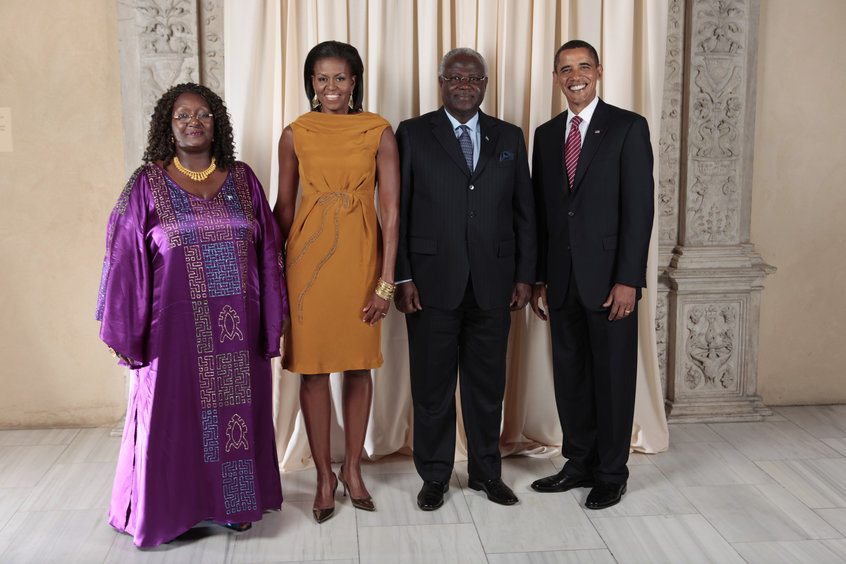
The Koromas and the Obamas: President Ernest Bai Koroma and first lady Sia Koroma met the Obamas in New York in 2009, but Sierra Leone’s fate is inextricably tied to China (Wikimedia Commons)
The first was the Ebola outbreak, which crashed the tourist industry and caused a near collapse in the agriculture and mining sectors: together with Guinea and Liberia, the country suffered about $8bn in losses and the economy may have contracted by 22% by 2015.
Nearly as devastating for the economy, the slowdown in China’s growth has caused the bottom to fall out of the price of iron ore.
When the airport was first mooted in 2011 iron ore was fetching more than $170 a ton. In 2013 the price peaked at $154. Since then the slide has been steady and steep, falling below $40 at the end of last year.
The collapse has caused Chinese developers to pull out of or stall iron-ore-related developments in Australia and Africa.
Mamamah has been in limbo since the middle of last year, when a sod-turning ceremony scheduled for July was cancelled. The general manager of the Chinese contractor told local media that he was waiting for sign-off from Sierra Leone’s finance minister, but the problem appears to be an unwillingness on the part of China’s Exim Bank to release the funds.
Earlier this month, Sierra Leone’s president, Ernest Bai Koroma (not to be confused with the transport minister, who shares the same surname), appeared to petition China’s Special Representative on UN Affairs, Yang Tao, for $200m needed for the airport’s first phase.
‘Crackpot and wasteful idea’
In the meantime, a chorus of criticism against the scheme has arisen inside and outside the country.
Henry Kerali, the World Bank’s country director for Ghana, Liberia and Sierra Leone said in November: “The timing for the Mamamah Airport project is utterly wrong. Maybe in the future, when the immediate priorities are addressed post-Ebola-recovery.”
Meanwhile, the IMF has also argued against going ahead, and according to Africa Confidential has referred to the plan as a “vanity project”.
The Sierra Leone Telegraph, in a December editorial, argued that President Koroma “use common sense and compassion to focus on health, education, the provision of water and electricity, and forget about his politically inspired, crackpot and wasteful idea of building a grandiose second international airport, costing over $400m.”
Other commentators have argued that the money could achieve more if it were spent elsewhere: an aid executive called Sia Evelyn Nyandemo was quoted as saying: “A fraction of the money could be used to modernise Lungi Airport with some change left to revitalise Hastings as a corridor for a low-cost domestic air transportation network. Hastings would be an anchor for the modernisation of East End of Freetown as an engine for job creation and entrepreneurship.”
‘Transformational’
But the Sierra Leonean government is eager to proceed. It is unclear whether the Chinese entities are, however.
In his meeting with China’s Yang Tao, President Koroma said he hoped that the $60bn offered by Chinese president Xi Jinping at December’s China-Africa Cooperation summit would include the $200m required to begin the first phase of the “transformational” Mamamah airport.
He said China International Railway Group had already spent some $10m preparing the site at Mamamah.
According to the official record of the meeting, Yang replied that he was impressed by President Koroma’s dedication and was “amazed” by what he saw of Sierra Leone’s energy supply and infrastructure.
If he made mention of the airport, though, it was not recorded.
Top image: A rendering of Mamamah International (Government of Sierra Leone)
Comments
Comments are closed.







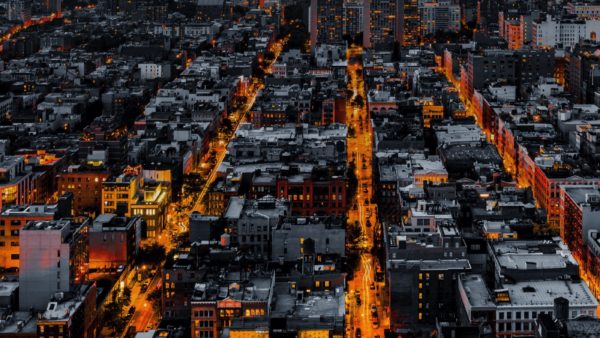
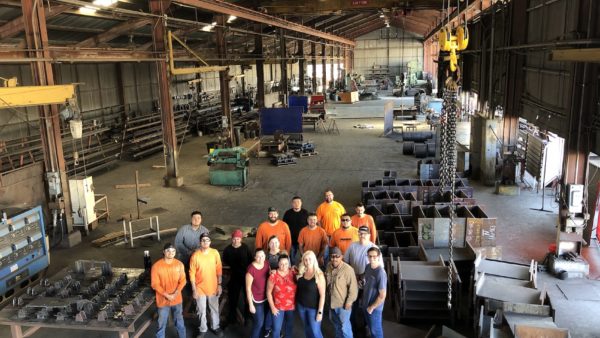
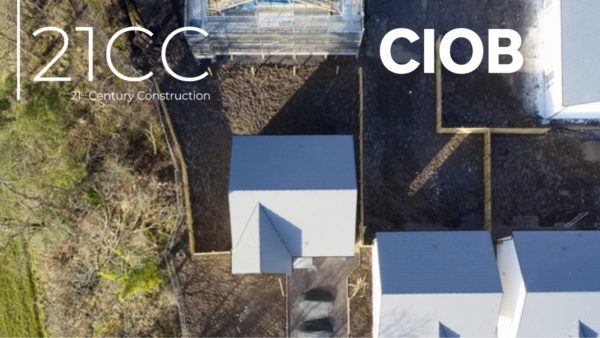
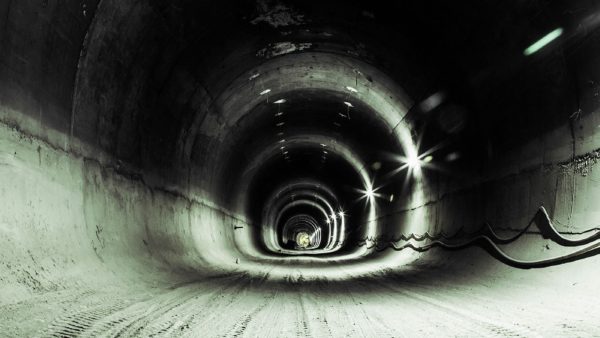
I am for using less Money in improving Lungi Airport, Bridge over Rokel and develop Hastings Airport. Money will be left over to think about Railway Connection to the Interiour for Infrastructure Improvement for Tourism.
Everyone loves something fanciful, and beautiful, but not in this case of a new Airport, while ebola killed and crippled the economy to it’s lowest. We need as a nation think wisely, not like those wise thinkers who already knows how to distribute those large sums among them and continues to impoverished our beautiful country. Save, save, save, is the way to go. Lungi Airport is what we should ask the Chinese construction group to reconstruct, modernize it to an international Airport level, acquire more land to accommodate more and larger Planes to atract Tourist, thereby improving the Tourism sector which could boost the economy to a high level.
Why build airport at Mamamah when you can use the so called 400 million dollars to build a brand new international airport at Lungi. i suggest the next project for the government is to focus on building a bridge from Targreen to Rokuper, by building this bridge and the road from the airport to Targreen, i believe it will enormously sort the current problems passengers encounter when they arrive at the airport
Let the bridge pays for it self by charging vehicles and people crossing it (Toll Bridge)
After over fifty years of independent, successive governments can not deliver, instead we still rely on hand outs. Upon all the natural resources that our country has, there is nothing to show for it